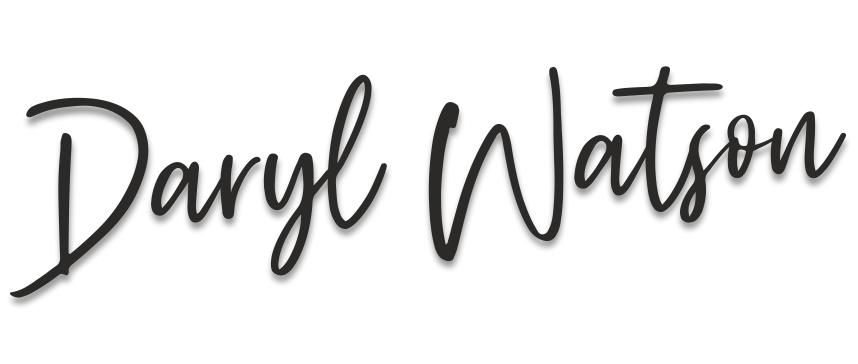How do you honour someone?
Look Up!
Honour, Help, Obey
Are you drifting?
One of the common traps of life is 𝒅𝒓𝒊𝒇𝒕𝒊𝒏𝒈.
From time to time, all of us are likely to drift.
It is easy to get caught up in the currents of life, outside influences and being carried along with the crowds.
Perhaps you are stuck on autopilot, aimlessly sleepwalking through each and every day, tossed to and fro like a piece of driftwood floating on the seas?
Are you drifting?
Do you know that feeling?
Drift: “to move slowly, especially as a result of outside forces, with no control over direction”
Is this what you really want from life, simply to drift?
At some point, just like the driftwood, you’ll be washed up on the shoreline, and may ask yourself, “how did I get here, why am I here, where am I going?”
Have you been washed up yet?
Is it time to take stock and find your purpose in life?
Are you looking for a light to help you navigate through the stormy waters of life?
Now What?
I recall at my father’s funeral, a male choir formed of sons, grandsons, and sons-in-law, sang for him his favourite song:
“Brightly beams our father’s mercy from his lighthouse evermore,
But to us he gives the keeping of the lights along the shore.
Chorus
Let the lower lights be burning; send a gleam across the wave;
Some poor fainting, struggling seaman you may rescue; you may save.
Dark the night of sin has settled; loud the angry billows roar.
Eager eyes are watching, longing, for the lights along the shore.
Chorus
Trim your feeble lamp, my brother; some poor sailor, tempest tossed,
Trying now to make the harbour, in the darkness may be lost.
Chorus
Jesus Christ can help you to stop drifting through life. He says in John 8:12 “I am the light of the world: he that followeth me shall not walk in darkness, but shall have the light of life”
The gospel will act as an anchor and stop your drift.
Is it time to stop drifting?
Disappointment
What did we learn?
Time
Improving!
“Wees niet bang om fouten te maken, iedereen die een nieuwe taal leert, maakt fouten!”
In other words, don’t be afraid to make mistakes, anyone who learns a new language makes mistakes!
After a few months in the Netherlands, words to that affect frequently run through my mind.
That said however, I had a funny experience at Schiphol Airport last week, whilst picking up the new arriving missionaries.
Whilst Monic and I, along with Elder Ornelas were waiting for the final missionary to arrive at Gate 2, I was approached by a complete stranger, looking for directions to the other arrival gates 3 & 4.
Having just come from gate 3, I gave him the directions in my best Dutch, pointing at the same time…
“Ga rechtdoor, dan rechtsaf, 100 meter rechtdoor en dan is het aan u rechterhand”
He thanked me and then headed off in that direction.
I turned back to Monic and Elder Ornelas, and it struck me that this was very similar to that moment when Elder Calhoun in the movie “The Best Two Years” directed a complete stranger at the railway station. For those of you who have seen the movie, you will recall that precise moment. If you haven’t see the movie – then watch it, it has to be one of the best movies about life in the mission field.
 We laughed together as we talked about the movie and Elder Calhoun!
We laughed together as we talked about the movie and Elder Calhoun!
In that moment, I realised without thinking that my Dutch is improving!!
What is improving for you right now, that you may not have noticed?
Curiosity
Customs
 It reminded me of the one o’clock gun, back home at Edinburgh Castle, which is now great for tourists.
It reminded me of the one o’clock gun, back home at Edinburgh Castle, which is now great for tourists.